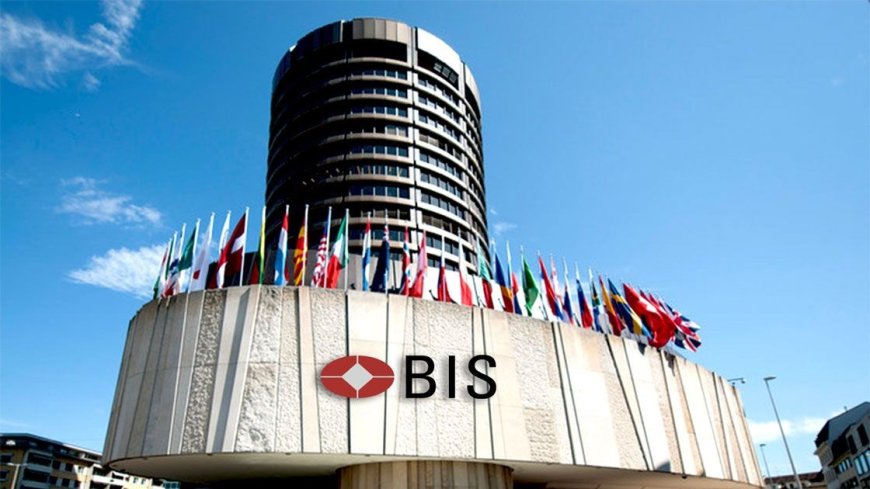BIS Calls for Immediate Global Regulation of Stablecoins
Challenges of Fragmented Regulatory Frameworks for Stablecoins

The Bank for International Settlements (BIS) recently called for immediate global regulation of stablecoins in the face of fragmented legal frameworks. In its statement, the BIS emphasized the importance of regulating stablecoins on a global scale. According to a study covering eleven jurisdictions, the BIS found that regulatory fragmentation poses a significant obstacle to the introduction of stablecoins into the market.
The organization advocates for "urgent" regulation of these electronic assets, pointing out the threats associated with the lack of a unified regulatory framework. The BIS noted that this fragmentation could hinder the integration of stablecoins into the global monetary system. Despite their promising future, divergent foreign regulations act as a barrier to widespread adoption of stablecoins.
In response to this situation, many countries have developed various regulatory strategies, including issuer authorization, reserve requirements, risk management, and anti-money laundering requirements. However, there are regulatory challenges associated with the issuance of stablecoins, such as their classification as banking instruments, securities, services, or payment methods.
Differences in approaches to stablecoins are also evident in redemption policies and definitions of what constitutes a stablecoin. The BIS observed that some jurisdictions treat algorithmic stablecoins as fiat-based, while others have different regulations for them. Additionally, some countries have banned their use.
The BIS report also addresses issues related to reserve management and audit and liquidity requirements in various jurisdictions. Despite some consistency in technical and security standards, the BIS calls for further research into the impact of stablecoins on the global monetary system, including their interaction with other electronic assets such as central bank digital currencies and tokenized funds.
The BIS's conclusions regarding the need for harmonization of stablecoin regulations stem from earlier suggestions for regulating these assets, which were issued in February. The BIS aligns itself with the positions of the International Monetary Fund and the Financial Stability Board regarding the importance of regulating stablecoins on a global level.


























